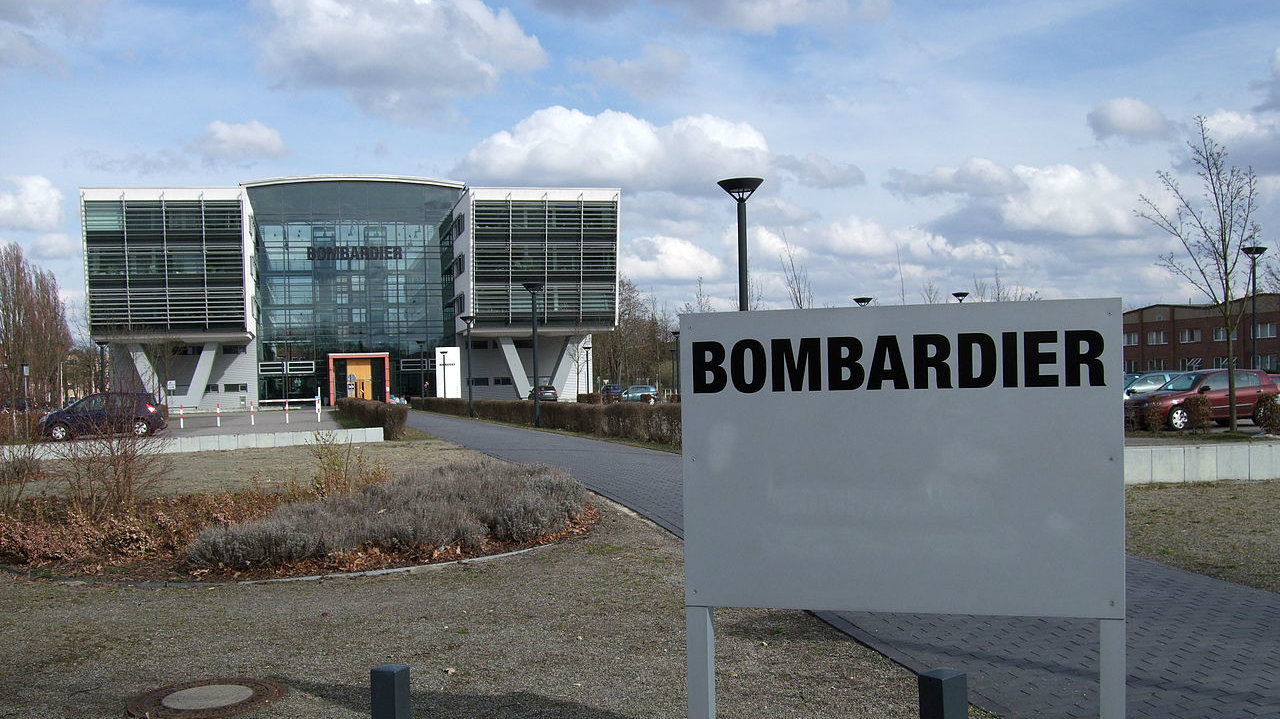There are few companies on the market today that have had as turbulent a past few years as Bombardier, Inc. (TSX:BBD.B). The company has endured delays and cost overruns in bringing the CSeries to market; it’s two years over schedule and more than $2 billion over budget.
The project nearly brought Bombardier to its knees, so both Quebec and the federal government injected some capital into the company. It also helped when both Air Canada and Delta Air Lines Inc. stepped up with sizable orders for the revolutionary new jet.
That relief was short-lived as the Boeing Co. (NYSE:BA) filed a complaint with the U.S. Department of Commerce against Bombardier, which resulted in tariffs of 300% being levied on the CSeries. While a final decision on the matter is still several weeks away, the initial levy prompted Bombardier to eventually sell a majority stake in the CSeries to industry behemoth and primary competitor to Boeing, Airbus. As part of the deal, CSeries jets could be manufactured in Airbus’s U.S.-based plants within the U.S. and therefore would not be subject to those crippling duties.
Does this finally make Bombardier a sound investment option? Let’s look at recent developments to answer that question.
Airbus provided a boost to the CSeries which is already paying dividends
One area where Bombardier constantly came up short was in securing new orders for the CSeries. Bombardier had initially hoped to secure 300 orders by the time the CSeries was certified for flight, and that figure was only met when both Air Canada and Delta provided sizable orders. Prior to those orders, Bombardier had gone nearly two years without an order.
Bombardier’s efforts both before and after those deals have been underwhelming, as airlines opted to hold off on ordering the CSeries, taking a wait-and-see approach.
With the added financial and manufacturing weight of Airbus now standing behind the CSeries, those wait-and-see airlines may be more willing to take a chance on the CSeries. Earlier this month, that’s exactly what happened, as Bombardier announced a firm order for 31 CSeries jets with options for an additional 30 from an unnamed European carrier.
That deal is reportedly worth up to $2.4 billion, and pundits agree that deal could spur an additional vote of confidence in the CSeries, leading to even more orders.
The CSeries is at a large advantage over the competition
The CSeries is a single-aisle, narrow-body jet which is designed to cater to the 100-160 passenger segment. The CS100, which is smaller of the two jets in the CSeries family, is firmly targeting the 100-130 passenger market, for which Boeing has no viable competing product. The closest Boeing-built competitor to the CS100 is the 737, which is significantly larger and far less fuel efficient.
To put that another way, the CSeries can fly more efficiently, using less fuel, to more secondary cities than Boeing’s 737 can.
Bombardier’s turnaround is showing some signs of life
When Bombardier announced a five-year turnaround plan to slash costs two years ago, the company was on the verge of bankruptcy, and few thought the company would continue to be listed on the market, let alone continue to operate.
Fast forward to the most recent quarterly report, and Bombardier is a (somewhat) changed company. The CSeries is now in production, and the company forecasts production of up to 45 jets in 2018. Looking at the often-neglected, smaller business jet market, Bombardier’s Global 7000 Series jet is sold out through 2020, which will likely provide a boost to earnings in the future.
Is Bombardier a good investment?
Bombardier has been working tirelessly to turn the company around and bring the CSeries to market. Those efforts are admirable, and the inclusion of Airbus into the CSeries program will undoubtedly add the discipline and experience that the company lacked in the past in bringing products to market.
While the prospects for investment are improving, Bombardier may be conceived as too risky an investment for most. This is particularly true given the uncertainty over the final decision on the U.S-imposed tariffs. Until that decision is finalized, there are far better options for investors to look at.
 Spring Sale
Spring Sale








